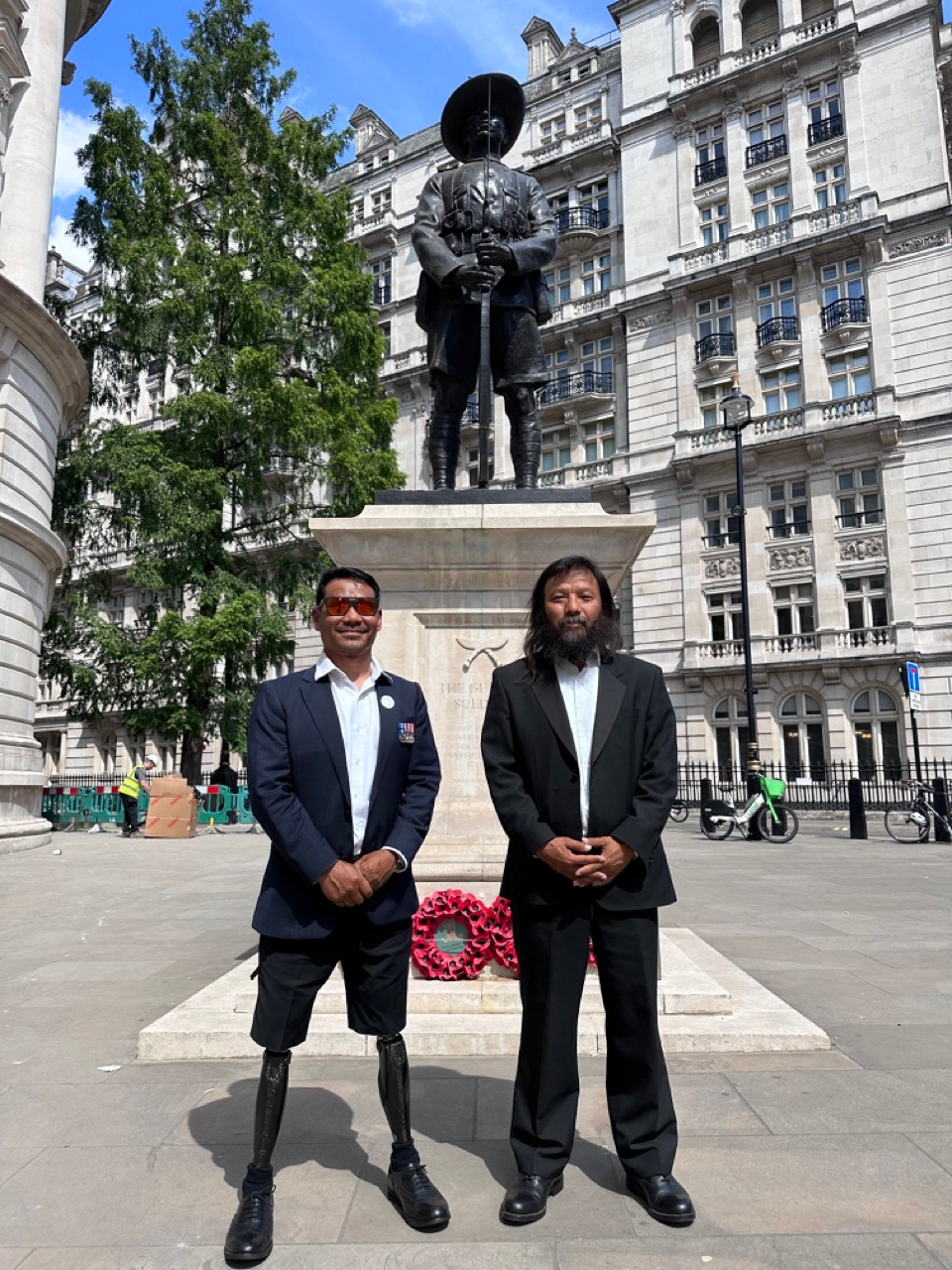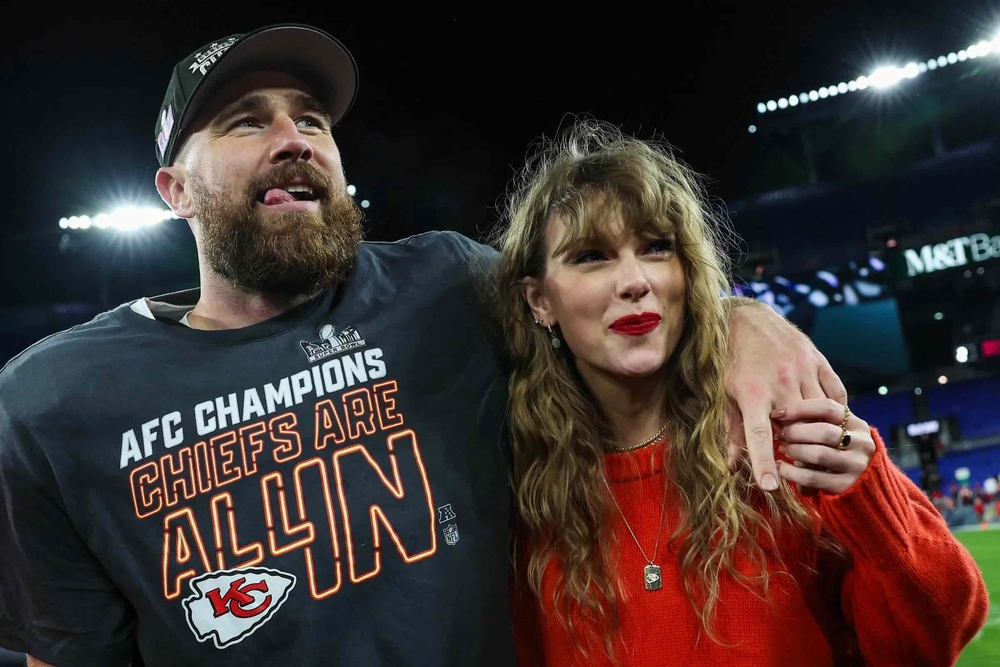




On 19th May 2023, history was made when 43 year-old Hari Budha Magar, a former Gurkha in the British Military, stood atop the world at the summit of Mount Everest. A great feat by any standard, but even more significant as a double above-knee amputee. This is something we read about in books when we’re children, often dreaming of what emotions must follow such a momentous achievement. As we grow older and settle into the rhythms of our realities, though, the vast majority of us continue to dream big, but make peace with the fact that something like this is probably a journey we’ll never embark upon. This is especially true for people with disabilities, who are ever-cognisant of potential and pre-existing physical and emotional barriers that may face them.

I spoke to the leader of the expedition, Krish Thapa, a former Gurkha as well as ex-Mountaineer Lead of the SAS, catching up with him first over a video call from Kathmandu as the group prepared to ascend to Base Camp in mid-April. I then met up with him in London recently, to talk about the climb in-depth now that the group has returned. He has worked with Magar and other disabled war veterans before, climbing such peaks as Kilimanjaro, Mont Blanc, and the Matterhorn. Whilst he has guided many veterans who are amputees, he also works with former military personnel with a variety of other conditions or disabilities –whether PTSD, Parkinsons, or Motor Neurone Disease (MND).
Considering the background of both of the climbers, I wanted to delve into what it means to Nepalese people to be a Gurkha. “A good question – many young men join the Gurkhas as it is a prestigious role,” Thapa tells me. “Many join for the opportunity to travel the world and really find out who they are. The job holds true prestige, and therefore allows one to see what they are truly capable of.” Gurkha itself comes from the Sanskrit language, meaning ‘cow protector’ – the cow being the national animal of Nepal. Both Thapa and Magar are Buddhist, where all animals are treasured. In a way, Gurkha means protector of all.

Of course, when it comes to an expedition such as this, mindset is truly important, and a successful outcome depends on it. The Gurkha mindset is intrinsically linked to Buddhist outlooks, where “[We are] sacrificing and living authentically for the emotional path of our lives – for our loves and the ones who are closest to us.” Thapa says we must constantly ask ourselves, “‘How can we live our life not through our senses, but through our hearts?’ Our heartbeats and our breathing never change – only our mindset does. Leading with our hearts is the only way to live our truth.”
He then links this to wider society’s perception of disabled people: “We often look at people in a one-dimensional way, based only on physicality. We make an analytical decision [determining for ourselves what they may or may not be capable of], without knowing them as a being or an individual.” It is true when he says this is something we all need to make an effort to change, and “that change has to come from us.” In essence, disabled people are not incapable, it is the mindset of those around them and the environment in which they exist which disables them, and it is crucial to “transcend these perceptions and transcend our own learned mindset.”
The case in point here can be seen when Magar, Thapa, and the wider disabled community campaigned tirelessly in 2018 to overturn a Supreme Court decision in Nepal that forbade amputees and visually-impaired individuals to climb Everest. People’s rigid perception of disability was also seen on the expedition itself when interacting with other climbing groups, with some people assuming that they were only going as far as Base Camp. When they replied telling them that they were going all the way to the Summit there was one phrase that kept coming up: “Why not?”
This also applies to how timeframes and milestones are considered in climbing mountains: “In climbing – everything is fixed in place and time in terms of milestones or deciding to turn back. It took [Hari] three to four times longer than a body-normative person [on a typical day] – why can’t we just measure against what works for the [person’s natural pace]?”
There were other specific obstacles that Magar and his team had to overcome in preparation for the climb. In the first instance, they had to specially adapt equipment to make the expedition possible:
- Adapted harnesses to account for the difference in his centre of gravity in the event of a fall.
- Three sets of prosthetics to use depending on terrain conditions, as well as finding a way to heat them so the cold wouldn’t burn his skin.
- Custom oxygen equipment and thermals.

Then it came to the organisation of the climb itself: “In terms of team dynamics, personality and empathy is the most important, beyond physical strength.” Magar and Thapa were accompanied by eight other guides, which represented the largest team on the mountain by far. “Four would be ahead, preparing food and performing administrative duties, and four would be climbing along with us,” considering pace and weather exposure, “we also had the ability for guides accompanying us to swap with those who were ahead.”
“We were fuelled by the success of the 20 veteran amputees who climbed with us to Base Camp – when things were hard, this kept our morale high. We were doing it for them – we didn’t want to let them down.”

During one of the deadliest years on record for Everest climbers, Krish told me the true sign of success for him was that everyone ascended and descended safely with nothing more than a few minor injuries – a true blessing given the especially volatile weather.
Most poignant though was Magar’s message via satellite phone from the Summit.
“If I can climb to the top of the world then anyone, regardless of their disability, can achieve their dream. No matter how big your dreams, no matter how challenging your disability, with the right mindset anything is possible.”
The morning I met Thapa in London, he told me he had just come from a meeting with the Ministry of Defence, where he discussed how the government can better provide post-service care for disabled veterans, and how they can be more progressive in their views of the disabled community as a whole.. As someone with a disability myself, I hope this represents a significant shift. Thapa plans to ascend to the Summit of Everest again next April with a warblind veteran – another first.
Hari, Krish, you are an inspiration for all of us.







